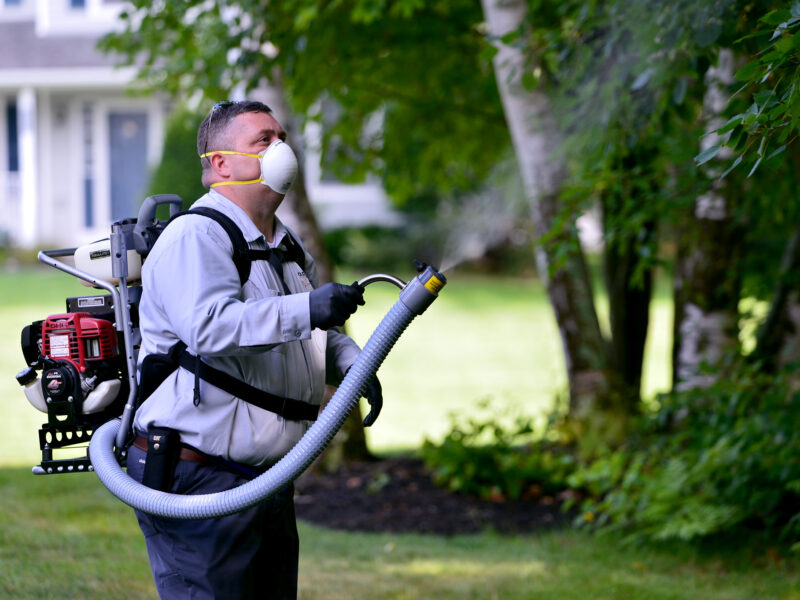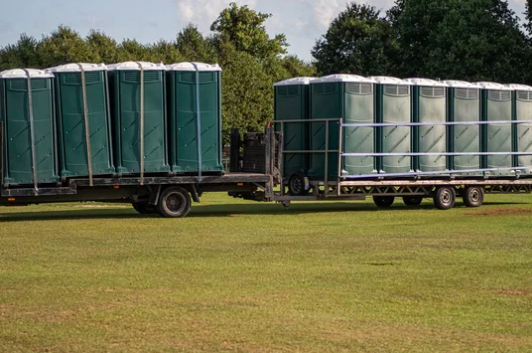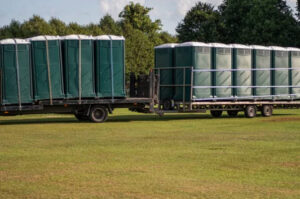Real estate agents’ responsibilities are vast and varied. They evaluate property listings and prices, take clients on property tours, negotiate real estate contracts, and more. They also provide support and market insights to their clients. Real estate agents must be familiar with specific property and housing laws, such as homestead protections, lease agreements, and rent control regulations. Click the Fort Worth Commercial Real Estate For Sale to learn more.
To become a real estate agent, you must complete your prelicensing education. Look for a state-approved school that offers prelicensing courses that align with New York State standards. For example, The CE Shop specializes in real estate education and provides self-paced courses with a pass or don’t pay guarantee, while Kaplan has a wide range of learning formats including livestream courses to accommodate varying schedules.
After completing your prelicensing coursework, you must find a sponsoring broker to mentor you as you begin your career. Choose a broker who has experience in the industry and aligns with your goals. It is essential to establish a strong professional network of fellow real estate agents, mortgage lenders, and home inspectors who can offer guidance and referrals. This will help you grow your business and ensure success in the field.
A real estate agent’s income is typically commission-based, meaning it can vary significantly from month to month. It can be challenging to maintain your sanity during slow periods, but maintaining a positive attitude and dedicating the time and effort needed to develop your career will ultimately result in long-term job satisfaction.
Buying or selling a house is one of the most financially significant transactions that many people will ever undertake. A good real estate agent can guide you through the process and make it much less daunting. Moreover, it is important to remember that the real estate industry is very competitive, and it may take time to establish yourself in the field. It is recommended to focus on developing your career in a niche area, such as commercial property sales or luxury homes. Also, you should continue to expand your knowledge through ongoing education opportunities and industry seminars.
License Requirements
Getting licensed as a real estate agent is the first step to unlocking the full potential of New York’s vibrant property landscape. To obtain a license, one must satisfy state-mandated educational requirements, pass an exam, and sign with a broker. The state’s licensing process also includes undergoing a background check and complying with strict ethical guidelines.
Prospective agents must typically complete 77 hours of prelicensing education to qualify for the state exam. Once the course is completed, students will receive a unique ID from the eAccessNY Occupational Licensing Management System that will allow them to schedule their state exam. Once the test is taken, the results will be posted to an online portal. Then, the real estate agent will be ready to begin working on behalf of their clients in the field!
Once a real estate agent is licensed, they are expected to continue their education and attend Code of Ethics training courses. In addition, they must pay annual membership dues to both their local association and the National Association of Realtors. Additionally, they must work for a broker who must be licensed as well.
Real estate agents must be able to understand and navigate the complexities of the New York market, which spans from the high-demand and high-cost properties in NYC to those in less populated areas. They must also be familiar with fair housing laws.
In order to be successful, real estate agents must have strong interpersonal skills and the ability to negotiate and close deals. They must also be able to follow the ethical code of the National Association of Realtors, which includes maintaining confidentiality and avoiding discrimination.
To become a New York real estate agent, you must be at least 18 years old and have a clean record. You will need to pass a background check and be sponsored by a New York broker before you can take your state exam. You must bring a government-issued photo ID and proof of age to the exam location, as well as your eAccessNY ID. The exam is a multiple-choice and will last about 90 minutes.
Work Environment
Real estate agents work in a fast-paced, client-focused environment. They must be highly motivated and able to build relationships. They must also stay informed of local market trends and regulations and be prepared to adjust their strategies as needed. Additionally, they must have strong knowledge of finance, economics, and tax law to assist their clients in making sound financial decisions.
Most states require prospective agents to complete 30 hours to 180 hours of coursework before they can become licensed. These courses are usually taken through a real estate school, but may also be available through many community colleges or universities. Once they have obtained their license, real estate agents are responsible for completing continuing education and attending professional development sessions to keep up with market trends and changes.
Depending on the state, some real estate professionals are required to join a professional association or belong to a local business chamber in order to maintain their license and ensure compliance with industry standards and practices. Additionally, these organizations typically offer educational resources and opportunities to network with other real estate professionals in the community.
While many real estate agents work independently, some work as employees of brokerage firms. In these settings, they can collaborate with colleagues and benefit from a mentorship program. They can attend training sessions to enhance their skills and improve their performance, and can leverage the firm’s resources to further develop their business.
For those working as independent contractors, their schedule and earning potential is directly tied to their effort and ability to close deals. Consequently, a career in real estate can be an exciting and challenging choice for those looking for flexibility and independence.
Real estate agents spend much of their time meeting with potential clients, discussing their property needs, and determining a strategy to meet those goals. This interaction occurs in a variety of settings, including coffee shops, open houses, office meetings and private home tours. They also spend significant time marketing their services and properties through online listings, social media platforms and print advertisements. Finally, they handle administrative duties like preparing contracts and managing paperwork.
Job Duties
Real estate agents serve as guides for clients throughout the buying and selling process, negotiating on their behalf. This involves helping sellers set competitive prices based on market conditions, and buyers find properties that meet their needs and budget. It also requires arranging and hosting open houses, creating marketing materials like virtual tours and brochures, and preparing and reviewing contracts and other documents related to real estate transactions.
In addition to these tasks, real estate agents provide customers with a wide range of information about local markets, including pricing, mortgage options, and legal requirements. They often develop networks of attorneys, mortgage lenders, and contractors to whom they can refer clients for assistance. They may visit properties to assess their condition before displaying them to potential buyers or renters, and they often interview clients to obtain detailed information about the types of property they want to purchase or sell.
To qualify for the role of real estate agent, you need sales experience, an understanding of real estate law, and a strong knowledge of your local market. The ability to communicate effectively with clients and other industry professionals is also important, as is a good understanding of property valuations and trends. Other desirable skills include a strong work ethic and the willingness to travel to property locations on a regular basis.
Specialized real estate agents may focus on particular areas of the industry, such as commercial or residential real estate. They can also specialize in certain types of property, such as luxury homes or green building practices. Some real estate agents operate as dual agents, acting on behalf of both the seller and buyer in the same transaction. These agents must navigate potential conflicts of interest and ensure that both parties receive fair representation.
A real estate broker has additional qualifications that include passing a real estate broker exam and operating their own brokerage firm. They typically manage the activities of a team of real estate agents, generating leads and ensuring that all aspects of a real estate transaction meet legal requirements. They can also assist with the drafting of real estate contracts, disclosures, and other documents for both commercial and residential property.




